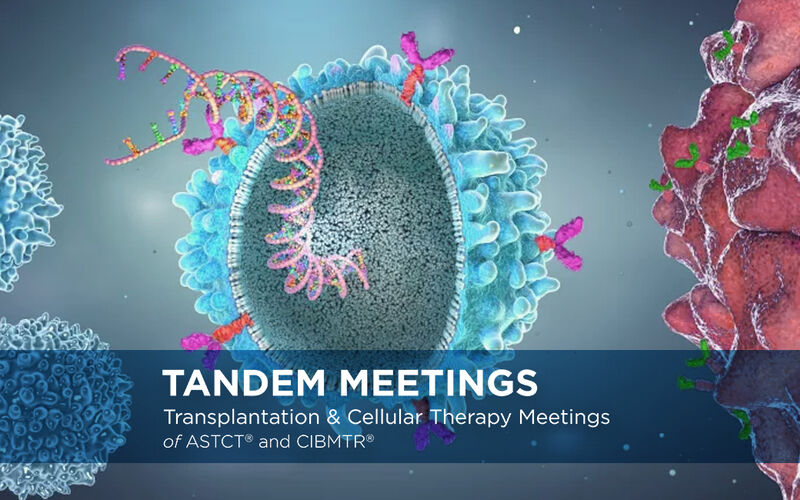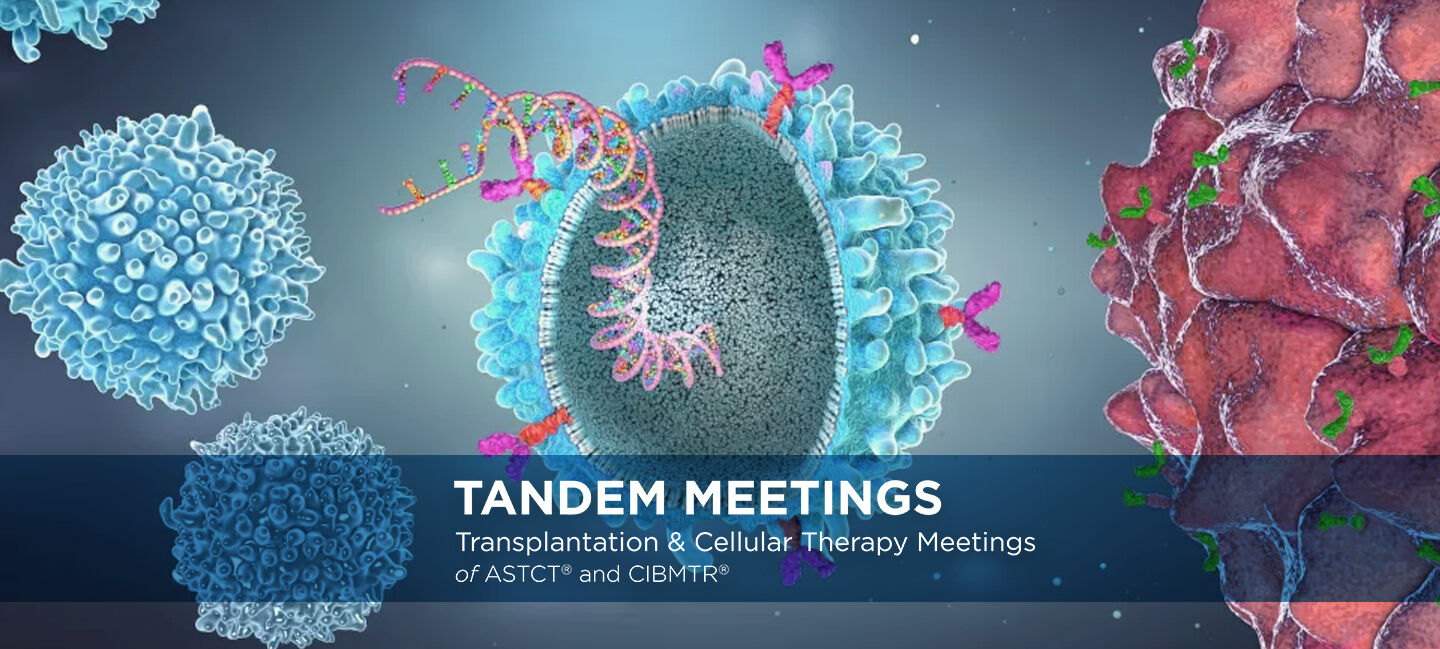Immunotherapy May Help Prevent Acute Myeloid Leukemia Relapse After Transplant
For patients battling acute myeloid leukemia (AML), a stem cell transplant can offer a chance of cure. However, relapse after transplant remains a major hurdle. Now, early results from a phase 1 clinical trial, presented at the 2025 Tandem meetings, suggest a novel immunotherapy approach may significantly reduce the risk of AML recurrence after a transplant.
Acute myeloid leukemia is a cancer that affects the bone marrow, leading to an overproduction of abnormal leukemia cells. While chemotherapy can induce remission, many patients, especially those with high-risk disease, require a stem cell transplant from a healthy donor. Unfortunately, even after a successful transplant, AML can return due to residual leukemia cells. Therefore, finding ways to prevent relapse is critical.
Moffitt Cancer Center investigators, led by Nelli Bejanyan, MD, are exploring the immune system and immunotherapy as a possible solution. The immune system includes T cells, which target and kill abnormal cells, including cancer cells. A type of T cell called gamma delta (γδ) T cells offer several advantages in cancer immunotherapy because they can identify a broader range of targets, are less likely to cause graft-versus-host disease and can be expanded in the lab for therapeutic use.
The new approach being investigated at Moffitt involves collecting gamma delta T cells from the stem cell donor, expanding them in the lab in very large quantities and then infusing them into the patient after their transplant.

Nelli Bejanyan, MD
"The idea is to give patients a boost of these specialized immune cells that can hunt down and eliminate any remaining leukemia cells, preventing the cancer from coming back," said Bejanyan, leader of Moffitt’s Blood and Marrow Transplant Program.
In the phase 1 trial, researchers are evaluating the safety and feasibility of infusing these expanded gamma delta T cells in adult patients with high-risk AML who have undergone a reduced intensity transplant, which uses less toxic doses of chemotherapy and radiation. The early results from the first 12 patients are encouraging. As of November 2024, the treatment was found to be safe and well-tolerated, with no significant side effects observed.
Importantly, the therapy also showed promising signs of efficacy. Only 17% (2 of 12) of these high-risk patients relapsed after receiving the gamma delta T cell infusion. Additionally, 85% (6 of 7) of patients who had detectable residual leukemia cells before transplant achieved complete remission after the infusion.
"To see so many high-risk patients achieve remission and remain relapse-free is very encouraging," Bejanyan said. "These early results suggest that this therapy may be making a real difference."
Bejanyan added that she is excited about the potential of this therapy and will continue to determine whether this approach can improve long-term outcomes for patients with high-risk AML undergoing stem cell transplantation.




